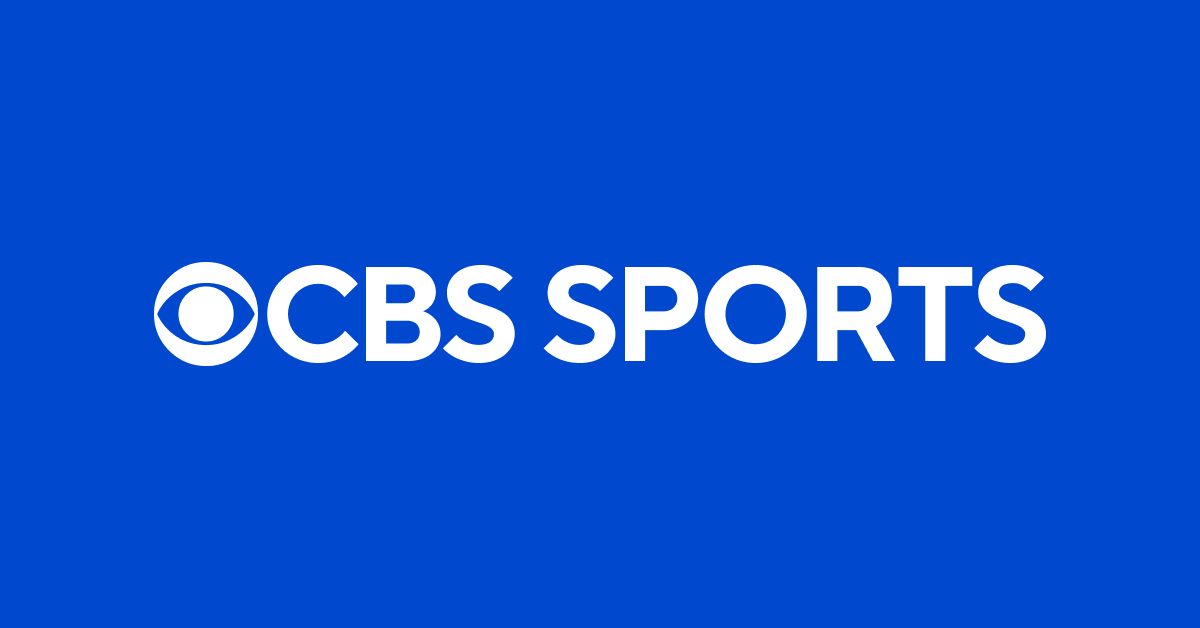The reality is that college basketball isn't as popular as us Purdue fans would like to think. In certain areas of the B1G college basketball is very popular but its not nearly as popular as other sports across the US including college football. Here are the results of an old poll asking American's their favorite sport. Its from 2014 and mentions a couple of years previous results but I don't things have changed much since then.Name on the front vs. back is what separates college sports from pro sports. Remember back in 1996 when they had the scab MLB players nobody watched or cared that year? Because people come out to watch the best in the world play ball. In college you could ship off the top talent off to a minor league and the fans would still fill up the stadiums and arenas. These student athletes have market value only because of the schools they play for.

College basketball sliding in Harris Poll of sport popularity
The Harris Poll conducted its annual survey of the most popular sport in the country. NFL still rules, but college hoops dropped.
I get the whole name on the front of the jersey thing but I for one, will lose interest if there aren't talented guys out there. I already struggle watching when teams have 20 points on the board at halftime.

